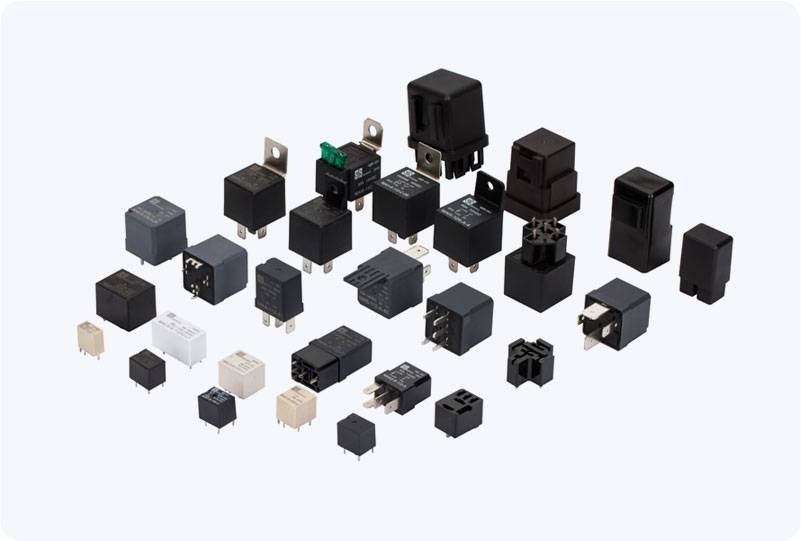understanding high current power relays: essential components for electrical systems
Release time:2025-04-22 14:55:51
High Current Power Relays play a crucial role in the operation of many modern electrical systems. These components are specifically designed to control large amounts of electrical current with minimal loss and efficient performance. From industrial machinery to automotive systems, they ensure smooth and reliable operation of circuits that require high power. In this article, we will explore the fundamentals of High Current Power Relays, their applications, working principles, and why they are indispensable in modern electrical and electronic systems.

What is a High Current Power Relay? A High Current Power Relay is an electrical switch designed to manage high levels of current that exceed the capabilities of standard relays. Typically, these relays are built to handle current ratings of several amperes, and some may even support thousands of amperes, depending on the specific application. Unlike low-current relays used for control circuits, high current relays must endure the thermal and mechanical stresses caused by heavy electrical loads. These relays often operate in systems where high power is required to activate or deactivate larger devices such as motors, generators, and power transmission systems. They are essential for switching between power sources, protecting circuits from overloads, and ensuring the safe operation of complex electrical networks.

